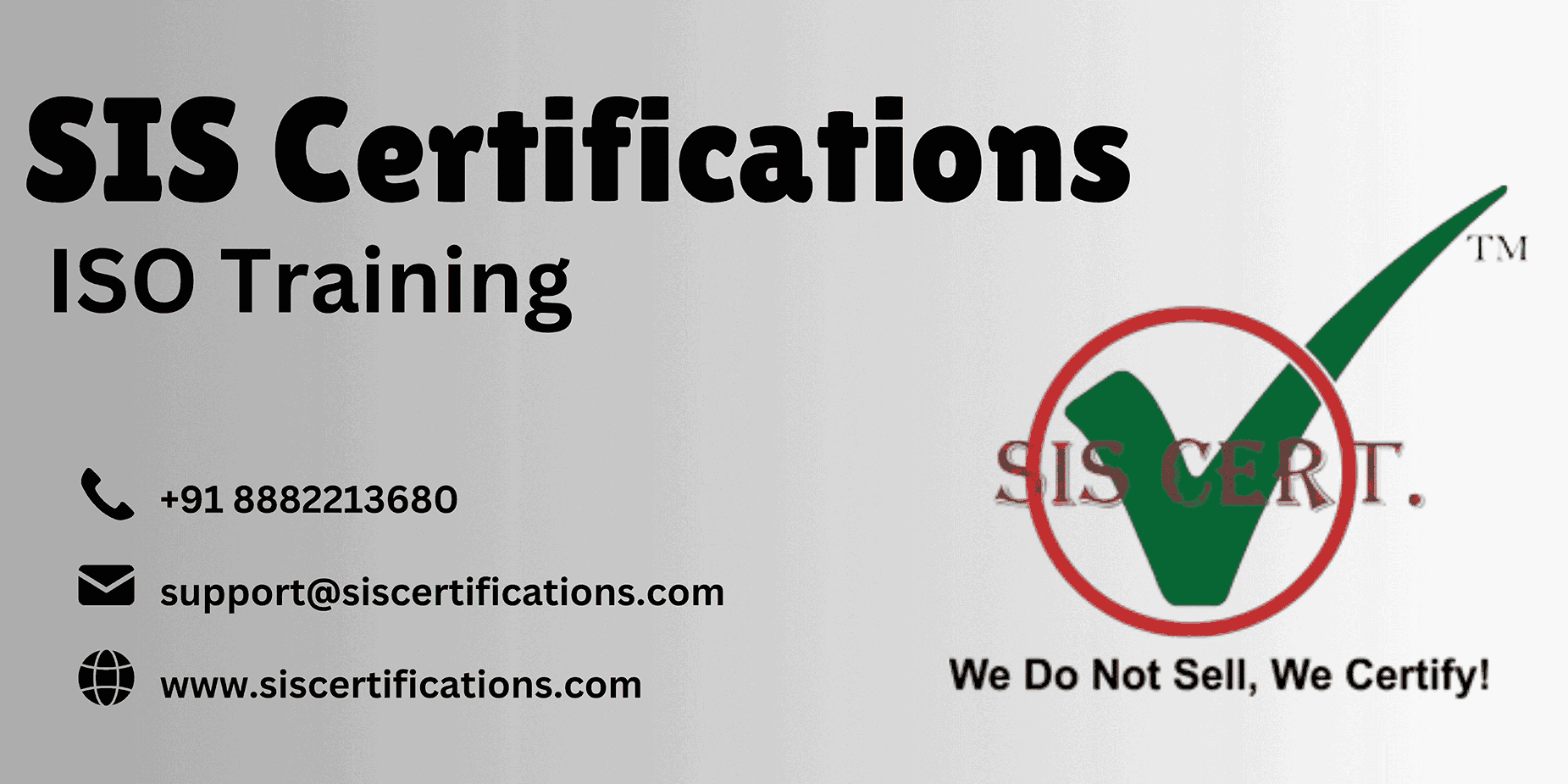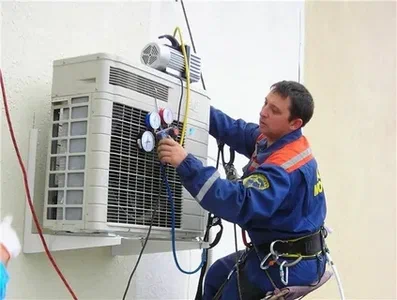ISO 22000 Certification: Ensuring Food Safety Across the Supply Chain
Overview of ISO 22000 Certification
ISO 22000 Certification, developed by the International Organization for Standardization (ISO), is a globally accepted standard for food safety management. Introduced in 2005 and updated in 2018, it outlines requirements for an FSMS that ensures food safety from production to consumption. Applicable to all organizations in the food supply chain—such as growers, manufacturers, packagers, distributors, and food service providers—this certification emphasizes proactive risk management and regulatory compliance.
The standard integrates key elements like Hazard Analysis and Critical Control Points (HACCP), prerequisite programs (PRPs), and effective communication to create a robust system for controlling food safety hazards. By achieving ISO 22000 Certification, businesses demonstrate their commitment to delivering safe food, which can enhance brand reputation, improve market access, and foster consumer trust. Its compatibility with other ISO standards, such as ISO 9001, allows organizations to streamline their management systems, making it a versatile tool for businesses of all sizes.
ISO 22000 Certification Cost
The cost of obtaining ISO 22000 Certification varies based on factors like the organization’s size, operational complexity, and the chosen certification body. Below is a breakdown of the typical expenses involved:
- Gap Analysis: A preliminary assessment to compare existing practices with ISO 22000 requirements often costs $1,000 to $7,000, depending on whether consultants are involved and the business’s scope.
- Training Programs: Employees require training on ISO 22000 principles and internal auditing. Costs for these programs typically range from $400 to $3,500, depending on the number of participants and training delivery method.
- FSMS Implementation: Developing an FSMS involves creating documentation, conducting risk assessments, and updating processes or facilities. This can cost $2,500 to $12,000 for small to medium-sized organizations, with larger businesses incurring higher expenses.
- Certification Audits: The certification process includes a Stage 1 (document review) and Stage 2 (implementation) audit, with fees ranging from $2,000 to $10,000, depending on the organization’s size and audit duration.
- Ongoing Compliance: Post-certification, organizations face costs for internal audits, annual or biennial surveillance audits, and recertification every three years. These maintenance costs typically range from $1,000 to $7,000 annually.
While these costs may seem significant, ISO 22000 Certification offers long-term benefits, such as reduced food safety risks, improved efficiency, and enhanced market credibility, making it a valuable investment for food businesses.
ISO 22000 Certifications
The phrase “ISO 22000 Certifications” is sometimes used, but it’s important to clarify that ISO 22000 is a single standard, not multiple certifications. However, organizations may pursue related certifications to complement their FSMS or meet specific market needs. Examples include:
- FSSC 22000: Built on ISO 22000, this GFSI-recognized scheme includes additional requirements, such as sector-specific PRPs, and is widely accepted in global markets.
- ISO 9001: Integrating ISO 22000 with ISO 9001 enables businesses to manage both food safety and quality within a unified system.
- HACCP Certification: While HACCP is embedded in ISO 22000, some organizations may seek standalone HACCP certification to meet specific regulatory or customer demands.
These complementary certifications can enhance an organization’s food safety credentials, but ISO 22000 Certification remains the foundation for a comprehensive FSMS. Businesses should evaluate their goals and market requirements when choosing additional certifications.
ISO 22000 Certification Requirements
To achieve ISO 22000 Certification Requirements, organizations must meet a set of requirements designed to ensure an effective FSMS. These include:
- FSMS Establishment: Develop and document a food safety management system that aligns with ISO 22000 standards.
- Leadership Commitment: Senior management must establish food safety policies, allocate resources, and ensure accountability across the organization.
- Hazard Analysis and HACCP: Identify and assess food safety hazards (biological, chemical, and physical) and establish critical control points (CCPs) using HACCP principles.
- Prerequisite Programs (PRPs): Implement foundational practices, such as hygiene, pest control, and equipment maintenance, to support food safety.
- Communication Systems: Set up effective internal and external communication channels to share food safety information with stakeholders like suppliers and regulators.
- Documentation: Maintain comprehensive records, including policies, procedures, and monitoring data, to demonstrate compliance.
- Continual Improvement: Regularly evaluate and improve the FSMS through monitoring, audits, and corrective actions.
Compliance with these requirements requires a structured approach, often supported by training, consultancy, or collaboration with certification bodies.
ISO 22000 Certification Process
The journey to ISO 22000 Certification involves several steps to ensure an organization’s FSMS meets the standard’s requirements. Here’s an overview of the process:
- Gap Analysis: Evaluate current food safety practices against ISO 22000 standards to identify areas for improvement.
- FSMS Development: Create and document the FSMS, including policies, HACCP plans, PRPs, and procedures. This may involve process updates and employee training.
- Internal Audit: Conduct an internal audit to verify that the FSMS is effectively implemented and compliant.
- Management Review: Senior management reviews the FSMS to ensure its effectiveness and address any gaps.
- Stage 1 Audit: The certification body reviews documentation to assess readiness for certification.
- Stage 2 Audit: An on-site audit evaluates the FSMS’s implementation, including processes, records, and employee practices.
- Certification Issuance: Upon successful completion of both audits, the certification body issues the ISO 22000 Certification, valid for three years.
- Surveillance Audits: Regular audits (annually or biennially) ensure ongoing compliance.
- Recertification: A recertification audit is conducted every three years to renew the certification.
The process typically takes 6 to 12 months, depending on the organization’s size and readiness.
ISO 22000 Standard
The ISO 22000 Standard provides a structured framework for managing food safety risks across the food supply chain. Its key components include:
- Interactive Communication: Facilitates clear communication within the organization and with external stakeholders to address food safety concerns.
- System Management: Integrates food safety into the organization’s overall management system, aligning with business objectives.
- Prerequisite Programs (PRPs): Establishes essential practices, such as sanitation and facility maintenance, to create a safe production environment.
- HACCP Principles: Uses HACCP to identify, assess, and control food safety hazards at critical points.
The latest version, ISO 22000:2018, incorporates risk-based thinking and aligns with other ISO standards for easier integration. Its flexibility makes it applicable to diverse food businesses, ensuring a consistent approach to food safety worldwide.
FAQs
1. What is ISO 22000 Certification?
ISO 22000 Certification verifies that an organization has implemented a food safety management system to ensure safe food production and compliance with regulations.
2. Who needs ISO 22000 Certification?
Any organization in the food supply chain, from farmers to retailers, can benefit from ISO 22000 Certification to demonstrate food safety commitment.
3. How long does the certification process take?
The process typically takes 6 to 12 months, depending on the organization’s size and preparedness.
4. What are the benefits of ISO 22000 Certification?
Benefits include improved food safety, regulatory compliance, enhanced customer trust, and better market opportunities.
5. How often are audits required?
Annual or biennial surveillance audits are required, with a recertification audit every three years.
Conclusion
ISO 22000 Certification is a critical asset for food industry businesses seeking to prioritize safety, quality, and compliance. By implementing a robust FSMS, organizations can mitigate risks, enhance operational efficiency, and build trust with consumers and partners. While the certification process involves time and financial investment, the benefits—such as reduced safety incidents, improved market access, and a stronger reputation—make it a strategic move for long-term success. Whether you’re a small producer or a global food company, ISO 22000 Certification positions you as a leader in food safety, ensuring consumer confidence and competitive advantage.














Post Comment